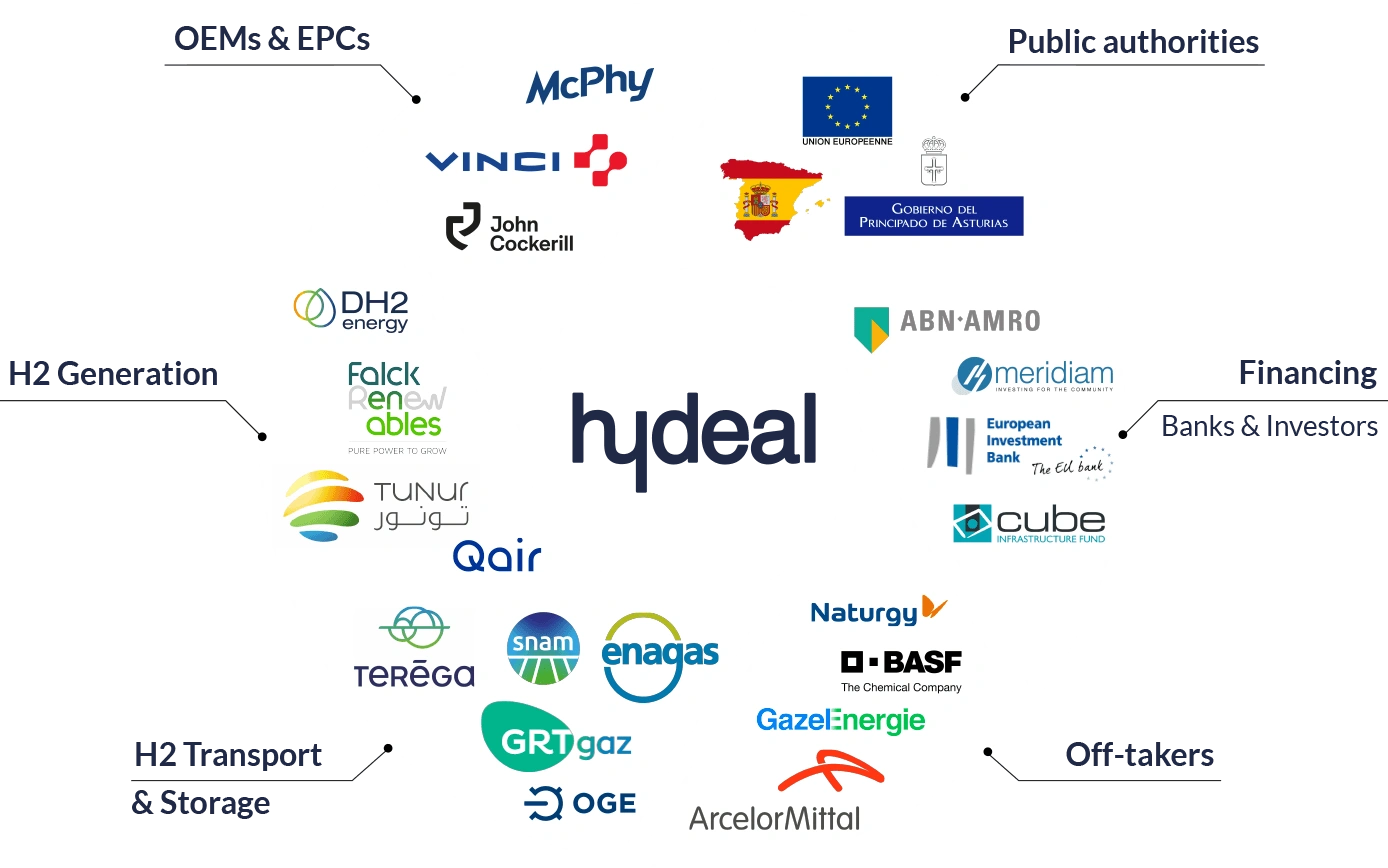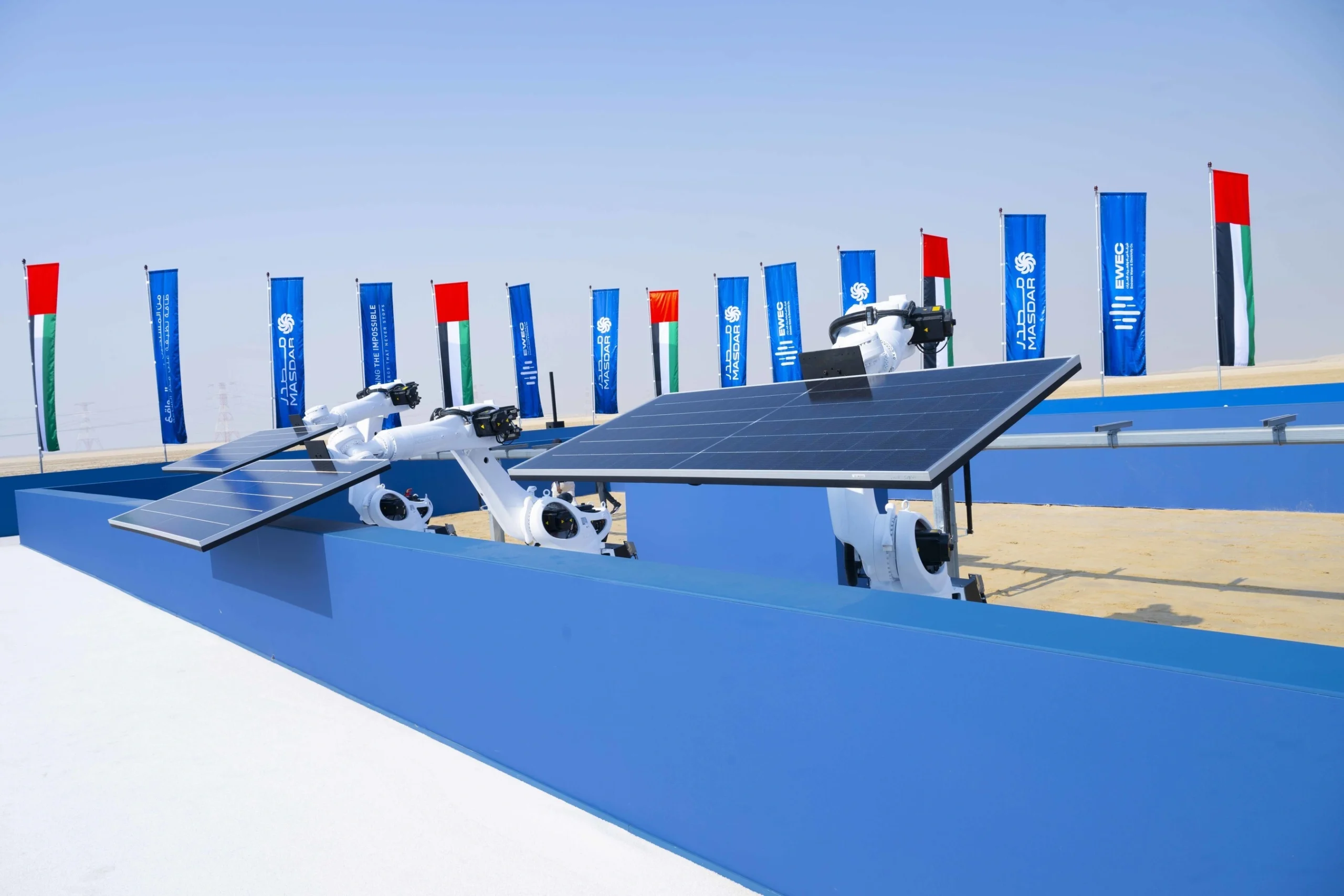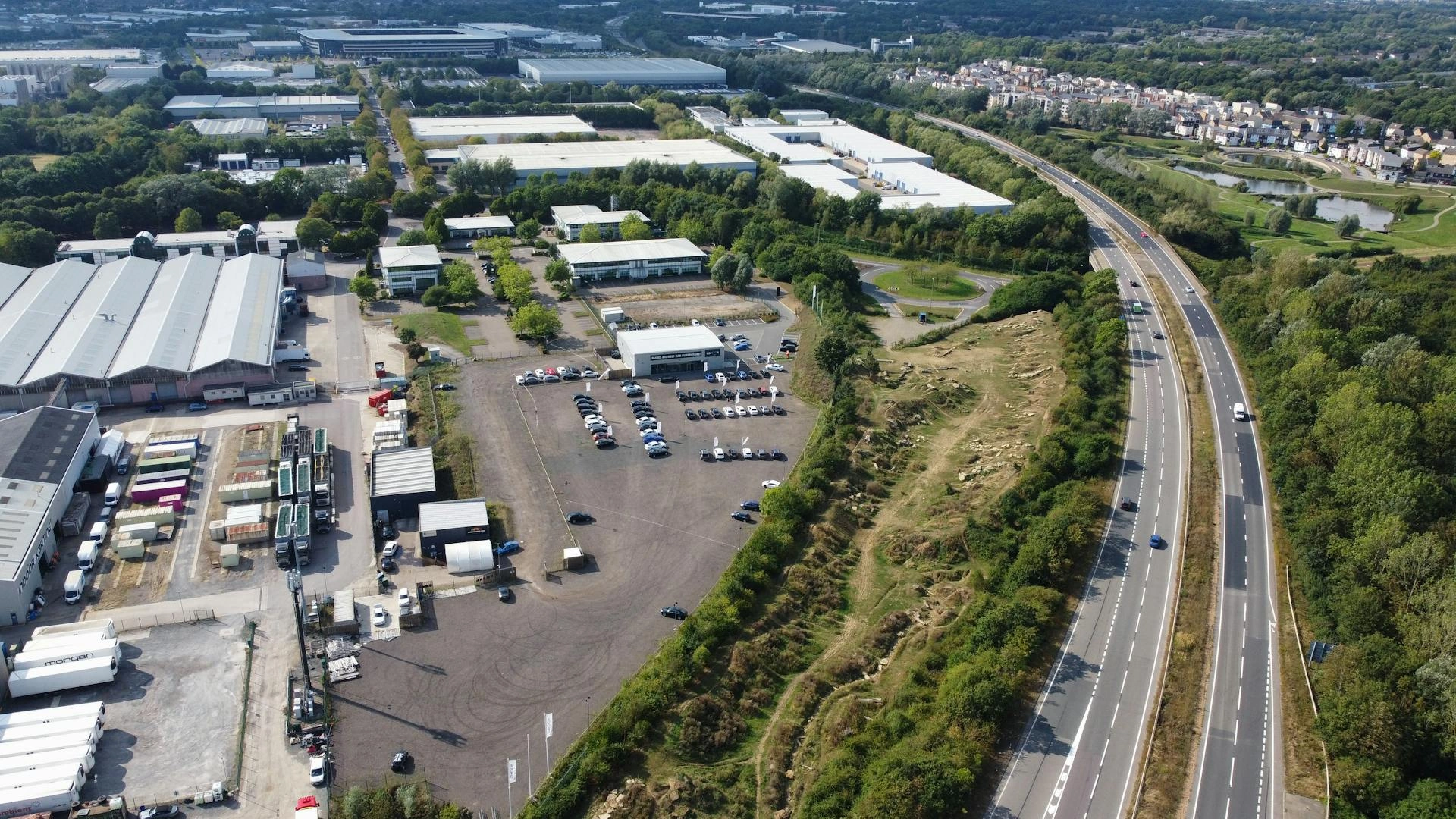Poland to invest in solar panels as power prices rise

John E. Kaye
- Published
- Home, Sustainability

Poland expects its power capacity to increase by at least 200 megawatts (MW) annually in coming years, thanks to planned incentives for smaller electricity consumers to invest in solar panels, according to the Entrepreneurship and Technology Minister. Most electricity produced and used in Poland comes from ageing coal-fuelled power stations and thus a rise in the cost of carbon emissions has boosted power prices.
Poland’s ruling Law and Justice party was elected in 2015 on a promise to sustain the coal industry, and it introduced policies that made it harder to invest in renewable energy. But the government changed direction last year due to a need to meet EU targets on renewable energy, and in June it approved a law amendment to reduce obstacles facing green energy investment.
Still, the government is not unanimous on energy policy, with Energy Minister Krzysztof Tchorzewski supporting coal while Entrepreneurship and Technology Minister Jadwiga Emilewicz promotes clean air programmes and green energy. Ms Emilewicz has proposed that incentives be introduced for households, smaller companies and local authorities to invest in solar panels, so they can generate electricity for their own needs and resell what they do not use.
Such inducements include subsidies, easier financing, and a lessening of red tape.
“It is probable that by 2020 and beyond, energy prices will not go down and other solutions than ad hoc cuts need to be sought because the spectrum of available instruments is limited,” Ms Emilewicz told Reuters.
“This is why we prepared a programme for the development of prosumer energy,” she said, referring to those who are both producer and consumer. “If the price of electricity sold by the big power producers does not fall then, thanks to prosumer energy, an individual consumer will not have to pay for it or will pay much less.”
Poland’s wholesale power prices jumped in the second half of 2018. The ruling party adopted a law in December designed to prevent increases in electricity prices for households and industries in 2019 ahead of a general election in the autumn. Ms Emilewicz pointed to what she called “snowballing” interest among banks and investors in the incentives programme and said it should help Warsaw meet its EU renewables targets.
“We expect that solar panels with total capacity of 200MW will be installed in 2019, thanks to the programme. We want around 200MW in solar panels per year to be added in coming years,” Ms Emilewicz also said.
Poland currently has around 300MW of installed capacity in solar panels. Solar energy has so far covered only a small fraction of the country’s energy needs due to high investment costs and poor sunlight, but prices of solar modules are falling rapidly and they have become more effective.
RECENT ARTICLES
-
 Strong ESG records help firms take R&D global, study finds
Strong ESG records help firms take R&D global, study finds -
 How residence and citizenship programmes strengthen national resilience
How residence and citizenship programmes strengthen national resilience -
 Global leaders enter 2026 facing a defining climate choice
Global leaders enter 2026 facing a defining climate choice -
 EU sustainability rules drive digital compliance push in Uzbekistan ahead of export change
EU sustainability rules drive digital compliance push in Uzbekistan ahead of export change -
 China’s BYD overtakes Tesla as world’s largest electric car seller
China’s BYD overtakes Tesla as world’s largest electric car seller -
 UK education group signs agreement to operate UN training centre network hub
UK education group signs agreement to operate UN training centre network hub -
 Mycelium breakthrough shows there’s mush-room to grow in greener manufacturing
Mycelium breakthrough shows there’s mush-room to grow in greener manufacturing -
 Oxford to host new annual youth climate summit on UN World Environment Day
Oxford to host new annual youth climate summit on UN World Environment Day -
 Exclusive: Global United Nations delegates meet in London as GEDU sets out new cross-network sustainability plan
Exclusive: Global United Nations delegates meet in London as GEDU sets out new cross-network sustainability plan -
 Fast fashion brands ‘greenwash’ shoppers with guilt-easing claims, study warns
Fast fashion brands ‘greenwash’ shoppers with guilt-easing claims, study warns -
 Private sector set to overtake government as main driver of corporate sustainability in 2026, report suggests
Private sector set to overtake government as main driver of corporate sustainability in 2026, report suggests -
 Sir Trevor McDonald honoured at UWI London Benefit Dinner celebrating Caribbean achievement
Sir Trevor McDonald honoured at UWI London Benefit Dinner celebrating Caribbean achievement -
 Historic motorsport confronts its energy future
Historic motorsport confronts its energy future -
 Protecting the world’s wild places: Dr Catherine Barnard on how local partnerships drive global conservation
Protecting the world’s wild places: Dr Catherine Barnard on how local partnerships drive global conservation -
 Europe’s HyDeal eyes Africa for low-cost hydrogen link to Europe
Europe’s HyDeal eyes Africa for low-cost hydrogen link to Europe -
 Fabric of change
Fabric of change -
 Courage in an uncertain world: how fashion builds resilience now
Courage in an uncertain world: how fashion builds resilience now -
 UAE breaks ground on world’s first 24-hour renewable power plant
UAE breaks ground on world’s first 24-hour renewable power plant -
 China’s Yancheng sets a global benchmark for conservation and climate action
China’s Yancheng sets a global benchmark for conservation and climate action -
 Inside Iceland’s green biotechnology revolution
Inside Iceland’s green biotechnology revolution -
 Global development banks agree new priorities on finance, water security and private capital ahead of COP30
Global development banks agree new priorities on finance, water security and private capital ahead of COP30 -
 UK organisations show rising net zero ambition despite financial pressures, new survey finds
UK organisations show rising net zero ambition despite financial pressures, new survey finds -
 Gulf ESG efforts fail to link profit with sustainability, study shows
Gulf ESG efforts fail to link profit with sustainability, study shows -
 Redress and UN network call for fashion industry to meet sustainability goals
Redress and UN network call for fashion industry to meet sustainability goals -
 World Coastal Forum leaders warn of accelerating global ecosystem collapse
World Coastal Forum leaders warn of accelerating global ecosystem collapse



























